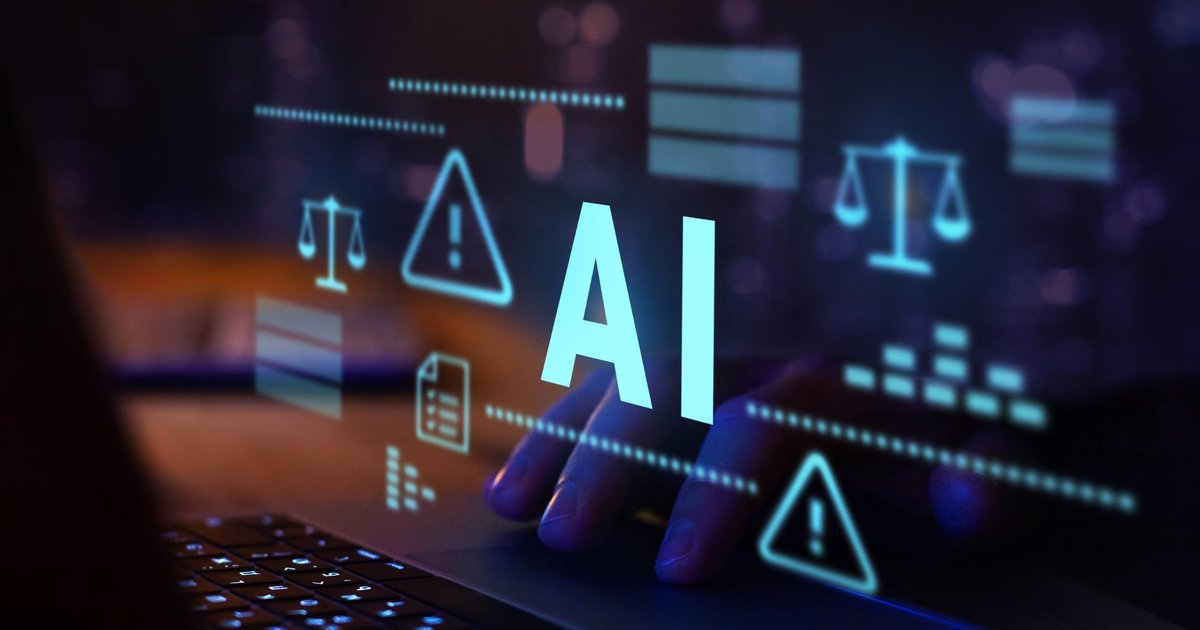
A report from cybersecurity company Darktrace reveals that 71% of businesses across the UK have been impacted by AI-related cyber incidents.
Despite the country facing the third-highest number of attacks in the world, Darktrace’s State of AI Cybersecurity Report highlights that 95% of security leaders currently lack the confidence to defend against any type of threat. However, almost all (98%) respondents believe AI-powered solutions can work to significantly improve defensive capabilities.
In the current cybersecurity landscape in the UK, businesses are confronting the reality of imminent cyberattacks, coupled with a lack of preparedness. As a result, Darktrace states that organisations are prioritising AI tools within their security stacks to improve their overall cyber readiness.
UK currently very susceptible to cyberattacks
The Darktrace report states that 92% of respondents expect cyber threats will continue to impact their organisations in the near future. Those surveyed are particularly concerned that these threats will ultimately increase the volume and sophistication of exploits targeting known vulnerabilities.
Despite such a high awareness of these threats, Darktrace notes that these respondents are not confident in their company’s ability to defend against AI-powered attacks. Likewise, 48% feel they are not prepared themselves.
AI-powered cyberattacks have increased in frequency in recent months, with threat actor tactics becoming more sophisticated. It makes business vulnerabilities more exposed, which can lead to catastrophic consequences for day-to-day operations, as these actors can compromise sensitive data.
Additionally, the growth of the Internet of Things (IoT) and interconnected devices is leading to greater risk, as these can be more vulnerable to cyberattacks.
Such a lack of preparedness felt by UK businesses is a challenge, particularly as the country has faced significant data breaches in recent months, including high-profile attacks on the NHS and the BBC. The UK is currently also one of the most targeted countries, behind only the US and Ukraine, with half of UK businesses experiencing some type of breach in 2023.
From a more global perspective, Darktrace found that other countries feel even less prepared to defend against AI-powered threats. Based on current security capabilities, Japan feels the the most unprepared (90%), followed by Australia (78%), Germany (78%), Netherlands (73%), Singapore (72%), UAE (71%), Spain (59%), France (54%) and the US (54%).
Businesses must be proactive with their approach to cybersecurity
In order to thwart AI-driven threats, Darktrace advises that businesses must actually harness the power of AI to defend their operations – with most respondents optimistic that this will help reduce their attack surface.
According to the report, 64% are considering adding AI-powered security tools to supplement their existing solutions as a top priority. They hope that the technology will improve their defence posture against malicious AI activity.
Overall, more than three quarters (79%) of respondents are considering reducing the cost and complexity of their cybersecurity stack as a key objective at their organisation.
Darktrace states that AI-powered solutions can be the answer to improving cyber readiness, as it enables security teams to take a more proactive approach to cybersecurity. Security teams and AI are able to work in tandem to protect businesses and improve resilience. With this in mind, 65% of UK-based security professionals surveyed are confident that AI-powered solutions will be able to stop AI-powered threats automatically, reducing alert fatigue and freeing up time for security teams to consider their wider security strategy.
Some of the benefits that AI can afford businesses include automating time-consuming tasks, uplifting security teams to think more strategically and planning their line of defence to better confront threatening activity.